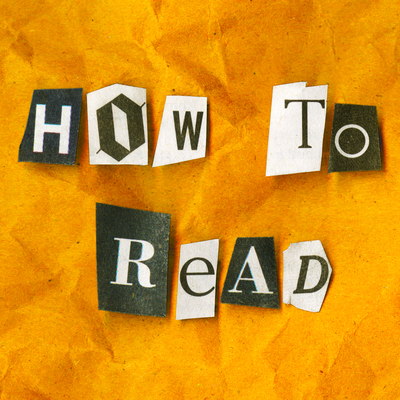In the Bible, the Apocalypse is the end of the world as we know it, but it’s also the beginning of a new one. Jennifer Wilks argues that major catastrophes can be apocalyptic in the same way. A disaster like Hurricane Katrina or the COVID-19 pandemic can shed new light on the world’s social inequalities, which makes it easier to imagine them changing. Jennifer thinks that post-apocalyptic fiction can play a role in this process, by allowing us to think ahead about times of disaster so we can act to make things better when the moment comes.
Tag: gender
What’s happened to reading during the COVID-19 pandemic? Some people are too busy or stressed to read, while others are reading more than ever but in different ways. Leah Price is interested in historical precedents for what we’re experiencing now, from anxieties about catching diseases from library books to the fantasy of reading as refuge from the world. History shows that reading is affected by people’s working lives – some can’t read because they have to work, others read because they can’t work. COVID-19 is transforming the way we work, so reading too will change – but not necessarily for the worse.
The basic story of Adam and Eve is that Eve was tempted by a serpent, ate the forbidden fruit and thus caused humans to be kicked out of Paradise. But does she really deserve the blame? Stephen Greenblatt says this question isn’t a new one – Eve has had her defenders from the very start. From early Jewish commentaries to John Milton’s epic poem Paradise Lost, Stephen shows how Eve’s story has always been open to re-interpretation. Her story has inspired not only blame, but also understanding – and even praise.
